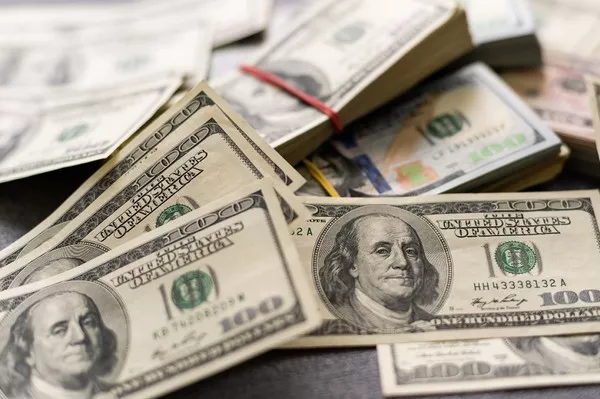Currency exchange rates play a vital role in international financial transactions, impacting businesses, travelers, and individuals sending money across borders. Western Union is a well-known global money transfer service that facilitates cross-border transactions, and understanding the dollar rate in Western Union is essential for anyone involved in international finance. In this article, we will delve into the factors that influence the dollar rate in Western Union, how it’s determined, and the importance of staying informed about exchange rates in today’s interconnected world.
1. Understanding the Dollar Rate in Western Union
The “dollar rate” in Western Union refers to the exchange rate used when converting one currency, such as the U.S. dollar, into another currency, for example, the Euro or the Indian Rupee. Western Union offers its customers the convenience of sending money in their local currency, which is then converted into the recipient’s local currency at the time of the transaction. The rate at which this conversion takes place can have a significant impact on the amount received by the recipient.
2. Factors Influencing Exchange Rates in Western Union
Several factors influence the exchange rates offered by Western Union, and understanding these elements is crucial when dealing with international financial transactions:
Market Exchange Rates: Western Union typically uses market exchange rates as the basis for its currency conversions. These rates are determined by supply and demand dynamics in the foreign exchange market. As a result, market fluctuations play a substantial role in shaping the dollar rate offered by Western Union.
Western Union’s Fees: Western Union, like other money transfer services, charges fees for its services. These fees can impact the overall cost of the transaction, as they are typically added to the exchange rate. Customers should be aware of the fees associated with their specific transaction to understand the true cost.
Currency Spreads: Money transfer services often apply a currency spread, which is the difference between the exchange rate they offer customers and the rate they can obtain in the interbank market. This spread serves as a source of revenue for the service provider.
Transaction Size: The amount of money being transferred can also affect the exchange rate. Larger transactions may be subject to more favorable rates, while smaller transactions could incur less favorable rates.
3. How Is the Dollar Rate Determined in Western Union?
The dollar rate in Western Union is determined by a combination of the factors mentioned above. Western Union, like other financial institutions, has access to real-time market data that helps establish its exchange rates. The rates are updated regularly to reflect changing market conditions and fluctuations in the global currency markets.
Western Union’s exchange rate calculator, available on its website and mobile app, provides customers with an estimate of the exchange rate they can expect for their specific transaction. However, it’s important to note that this rate is subject to change until the transaction is completed. To get the most accurate rate, customers should initiate their transaction online or at a Western Union agent location.
4. Staying Informed and Making Informed Choices
In today’s globalized world, individuals, businesses, and travelers often find themselves needing to send money or make transactions across borders. Being informed about exchange rates and the dollar rate in Western Union is essential to make cost-effective decisions.
Compare Rates: Before making a transaction through Western Union or any other money transfer service, it’s advisable to compare exchange rates across various providers. This can help you find the most favorable rate and potentially save on transaction costs.
Be Aware of Fees: In addition to exchange rates, consider the fees associated with the service. Western Union, like many other providers, may charge both a transfer fee and a currency conversion fee. Understanding the full cost of the transaction is crucial for financial planning.
Monitor Market Trends: Exchange rates are subject to market dynamics, and they can fluctuate significantly over time. Keeping an eye on market trends can help you time your transactions more effectively and take advantage of favorable rates.
Plan Ahead: In international business or travel, planning ahead can make a significant difference. Waiting until the last minute to convert currency or send money may result in less favorable rates.
5. Conclusion
Understanding the dollar rate in Western Union is essential for anyone involved in international financial transactions. While exchange rates are subject to a variety of factors, including market dynamics, fees, and transaction size, staying informed and making informed choices can help individuals and businesses save on transaction costs and ensure efficient cross-border money transfers. In our increasingly interconnected world, managing international finances effectively has become a crucial skill, and being knowledgeable about exchange rates is an integral part of that process.


